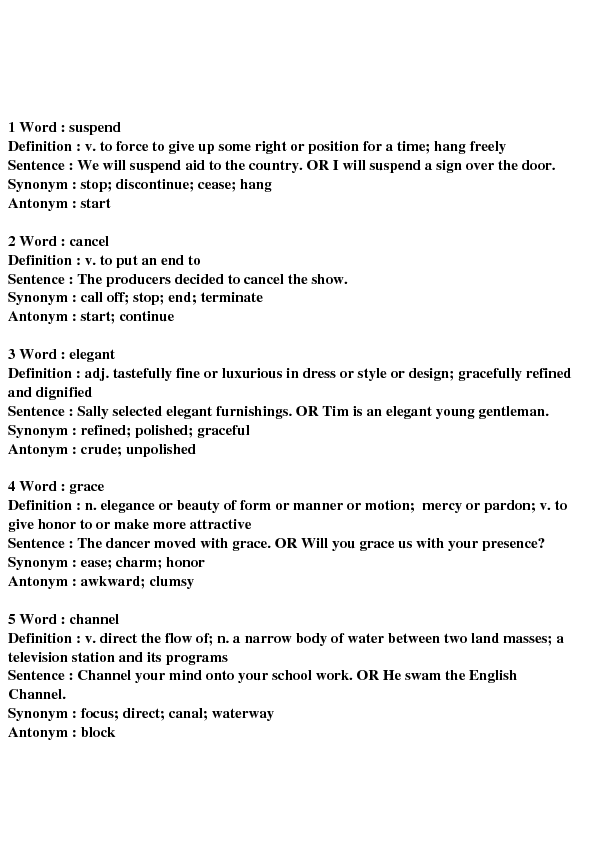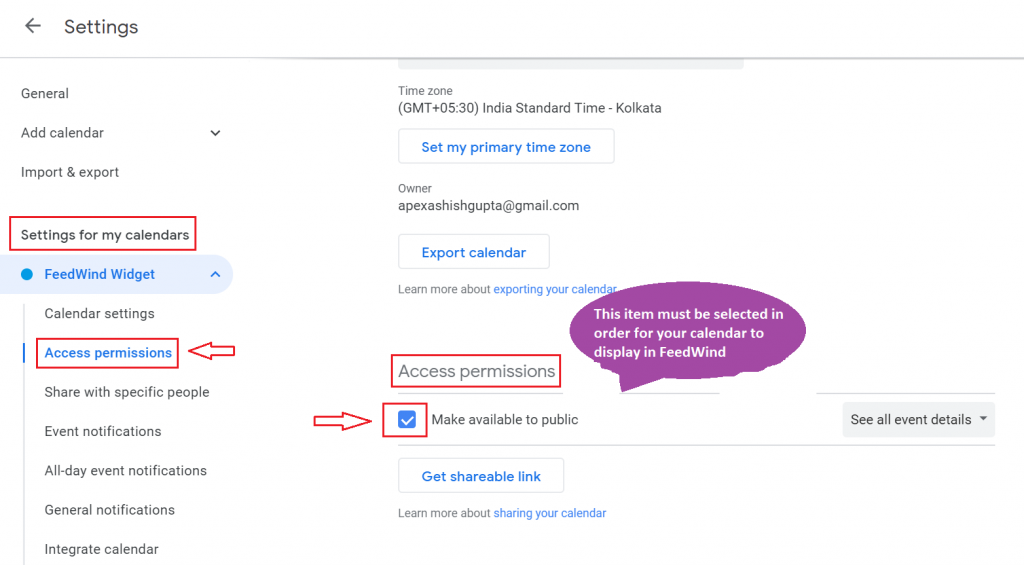
For example, the President of the United States, has the power to make treaties, appoint ambassadors, appoint justices of the Supreme Court, and shape public and institutional debate around these actions. Political elites also have considerable ability to determine how issues on the political agenda are debated, in terms of order, framing, and substance. They are the ones with the most power to decide which ideas or issues have the most importance, and which ideas or issues are unimportant. Those closest to the policy process have the biggest control on what issues reach the political agenda. The political agenda is essentially defined as what governmental officials find important to discuss. found that around a president's midterm, congress is more likely to influence the presidential agenda using different media platforms. Schweickart et al.’s study also found that the timing of the election cycle is impactful. According to a study by Schweickart et al., blogs, Twitter, speeches, and news releases are the most effective methods to affect political agenda setting. This time lag can depend on a few factors including the method used to communicate an issue, the relevance of an issue in current conversations or news cycles, and the awareness or understanding of an issue to the public.

Time lags in the political agenda can last from a few weeks to several months. Īlthough these actors, most notably the media, often have an effect on the political agenda, these results are not always immediate. The political agenda can be influenced by multiple institutional and non-institutional actors acting independently or concurrently, including political office-holders, interest groups, social movements, and other entities. Although the media does often have an effect on the political agenda, these results are not always immediate, which can produce a lag in the political agenda. Media coverage has also been linked to the success of the rise of political parties and their ability to get their ideas on the agenda (see agenda-setting).

The political agenda is most often shaped by political and policy elites, but can also be influenced by activist groups, private sector lobbyists, think tanks, courts, world events, and the degree of state centralisation.

In politics, a political agenda is a list of subjects or problems (issues) to which government officials as well as individuals outside the government are paying serious attention to at any given time. Policies a person or organization wants to enact


 0 kommentar(er)
0 kommentar(er)
